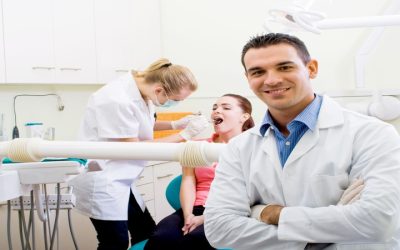Over the years, Dentists in Kona and elsewhere have put forth the effort to make sure their patients are relaxed and comfortable while having procedures done. Dental anxiety and even phobias are relatively common, and can lead people to avoid going to the clinic for routine care or necessary treatments. Different kinds of conscious sedation help these patients stop being afraid of going to the dentist.
Common Reasons for Anxiety
Patients may feel this way because they had negative experiences at dental clinics in their youth. Some dislike how close dentists and hygienists must be to perform the work, even though there is no other option. Some wait years before going to a clinic because of their fears, then feel embarrassed because their teeth have accumulated noticeable tartar during that time.
Nitrous Oxide
Dentists in Kona may offer the option of nitrous oxide, also called laughing gas, to keep patients calm. This is the most advantageous form of sedation because its effects dissipate rapidly after the nose mask is removed. The patient has control over that mask and can take it off whenever the sedation is enough. There’s no need to have someone else drive this person home after the appointment, and he or she can go to work immediately afterwards.
Stronger Sedation
For stronger effects, oral sedation or intravenous sedation are available at a dental clinic such as the one run by Carter S. Yokoyama D.D.S. This can be especially helpful for longer procedures when local anesthesia prevents pain, but the patient is still very anxious. Although the person usually stays awake, sometimes there is little to no memory of the procedure after it’s complete. Click Here to learn more about this particular dental practice.
Concluding Thoughts
Patients are not always straightforward about their fears. Some let the dentist know right away that they are nervous about dental treatments while others try to hide this. Dentists may want to talk with the patient before a treatment appointment is scheduled and ask whether he or she is interested in sedation. Cavity filling, teeth extraction, root canal therapy and the application of veneers and crowns cause anxiety among many patients.


